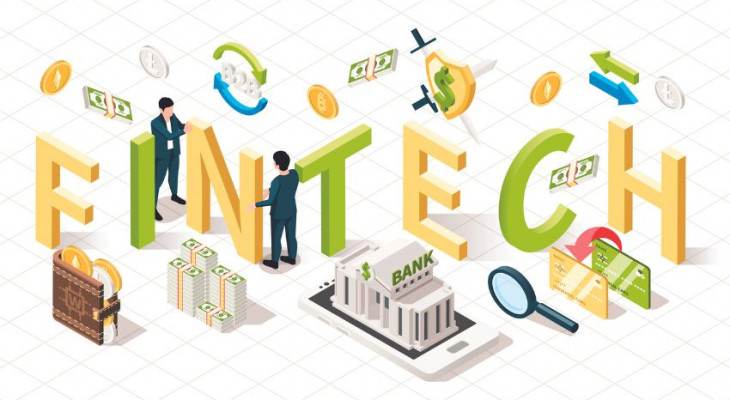The Rise of Fintech in India: A Global Transformation
The boom of India’s fintech sector has not only transformed the domestic financial landscape but has also positioned the country as a leader in global financial inclusion. Over the past decade, Indian fintech startups have played a pivotal role in bridging the gap between individuals with and without access to banking services, making financial solutions more accessible and affordable for a larger population.
India’s Fintech Boom: A Global Benchmark
Indian fintech is poised for an unprecedented expansion, projected to reach a valuation of USD 150 billion by 2025, as reported by the Boston Consulting Group and FICCI. India is now ranked among the top three fintech markets worldwide, boasting over 9,000 startups encompassing diverse segments such as digital payments, investment management, insurance, and loans. This remarkable growth is primarily attributed to government initiatives aimed at fostering a digital economy.
The Impact of UPI on Financial Transactions
The introduction of the Unified Payments Interface (UPI) in 2016 revolutionized the payment system in India, facilitating instant, frictionless transactions for millions. In 2023 alone, UPI processed more than 100 billion transactions, surpassing traditional global payment networks. This innovation has become a model for many emerging economies eager to establish robust financial ecosystems.
Driving Financial Inclusion Through Digital Solutions
The success of Indian fintech is closely linked to its focus on financial inclusion. With a population exceeding 1.4 billion, many people lack basic banking services. Fintech interventions like online loan platforms have enabled micro, small, and medium enterprises (MSMEs) to access credit without the cumbersome requirements typically associated with traditional loans. AI-based risk assessment tools have diversified lending opportunities, reaching borrowers in rural areas and underserved communities.
The Transformation of Lending through Fintech
A Nasscom study indicates that nearly 60% of lending in India today is powered by fintech startups. This shift has not only facilitated access for small businesses but has also set a global precedent for alternative lending solutions tailored to underserved groups. By simplifying the borrowing process, fintech is redefining financial dynamics in India.
India’s Fintech Innovations on the Global Stage
Indian fintech companies are now expanding their influence beyond national borders. The success of UPI has inspired countries like Singapore and France to adopt similar digital payment systems, fostering cross-border payment partnerships. Additionally, Indian digital loan and neobanking platforms are making strides in Southeast Asia and Africa, tackling similar financial inclusion challenges.
The Future of Fintech in India: Paving the Way
While Indian fintech startups have made significant progress, the journey toward comprehensive financial inclusion remains ongoing. Future growth will likely be driven by innovations in blockchain, artificial intelligence, and integrated finance, leading to more personalized and digital financial services. As these companies continue to make global strides, they embody a success formula rooted in principles of inclusion, affordability, and flexibility.
The financial revolution that began in India is now poised to reach a global audience, redefining “Banking the Unbanked.” With the right technology and regulatory framework in place, achieving universal financial inclusion is no longer a distant dream but a tangible reality.

